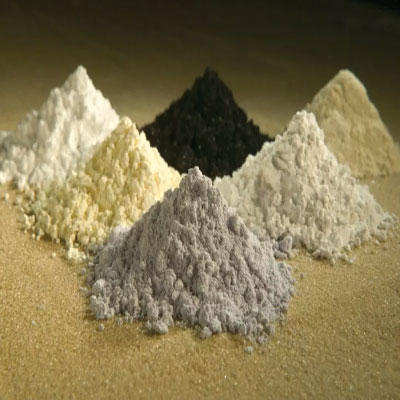
The future of Europe and Critical Raw Materials
“Critical raw materials” and their importance for the future of Europe
apiceuropa
The European Committee of the Regions (CoR) adopted, at its session on 17/19 March, an opinion on the European Commission's plan for critical raw materials, presented in September 2020.
The opinion was drafted by Isolde Ries (DE/PES), first vice-president of the regional parliament of the German state of Saarland. Below are the salient points of the opinion in an interview with the rapporteur:
(The Commission classifies raw materials as critical if they are of decisive economic importance, but cannot be reliably produced within the EU and must therefore be largely imported.)
First, the EU's dependence on critical raw materials must be reduced through more efficient use of resources, sustainable product development and innovation. In addition, there is a need to politically and financially support the domestic extraction of raw materials in the EU, and diversify supply from third countries. The European Raw Materials Alliance can make a valuable contribution to promoting technical know-how, innovations and investments.
Secondly, strategic approaches are needed, such as building adequate inventories. It is necessary to provide alternative sources of responsible supply, and aim to conclude international agreements at the level of the World Trade Organization (WTO).
Third, “waste” is a valuable resource. Recycled materials should therefore be used to a much greater extent to reduce the use of primary and critical raw materials. This invitation is addressed simultaneously to producers, distributors and consumers.
Fourth, former and still active mining regions have the technical expertise needed to extract raw materials. These skills should continue to be used in the future. It is not easy to restart the extraction of raw materials on the surface or underground, due to resistance from public opinion. Therefore, education and information must be increased and negative effects on the environment must be avoided or minimized.
Finally, in Europe, critical raw materials are needed in many key sectors: such as, for example, automotive, steel, aeronautics, IT, healthcare, or renewable energy. Supply disruptions have inevitably had a negative impact. Future-oriented products and technologies (such as electric mobility, digitalisation, industry 4.0 and energy transition) are transforming and increasing the need for raw materials, without which the Green Deal will not be possible.
Tag
menu